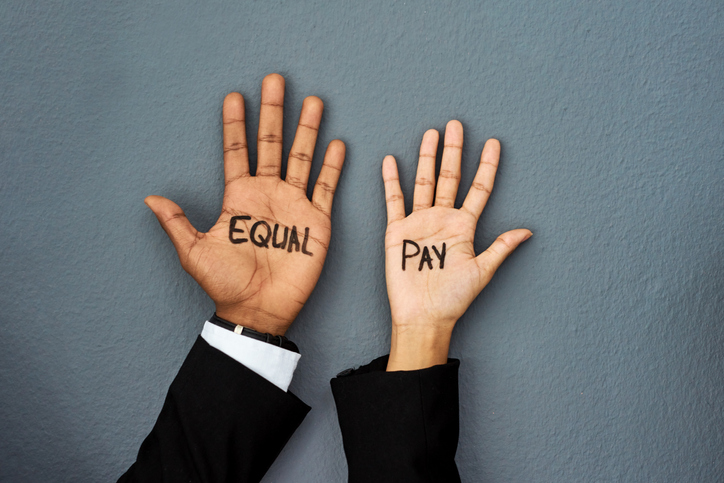- Tuesday, November 26, 2024
The Fawcett Society has urged the government to implement mandatory ethnicity pay gap reporting

By: Pramod Thomas
A stark pay gap exists for women of Bangladeshi and Pakistani heritage in the UK, with an average hourly earning nearly a third less than their white British male counterparts, according to the Fawcett Society.
The revelation, disclosed on Ethnicity Pay Gap Day 2024, also underscores that mixed-race women and those of black Caribbean heritage experience a 25% lower income than white men, reported The Guardian.
The Fawcett Society, known for its gender pay gap analysis, delves into statistics from a previous report, unveiling significant disparities among women and an even more pronounced contrast with men.
Alesha De-Freitas, head of policy at Fawcett, decries the ethnicity pay gap as “creating double trouble for black and minority women.”
The analysis discloses a 14.7 per cent pay gap between women of Bangladeshi and Pakistani heritage and white British women, soaring to 28.4 per cent when compared to white British men. The pay gap for women of black Caribbean heritage in comparison to white British men stands at 25 per cent.
Dianne Greyson, the founder of Ethnicity Pay Gap Day, urges the government to mandate ethnicity pay gap reporting, emphasising the need for companies to be aware of and address pay gaps to effect change.
The Fawcett report identifies bias as a significant contributor to the ethnicity and gender pay gap, revealing that 75 per cent of women of colour have experienced racism at work, with 42 per cent reporting being overlooked for promotion despite positive feedback.
De-Freitas asserts the effectiveness of mandatory reporting, citing its success in exposing and addressing the gender pay gap.
The Fawcett Society has urged the government to implement mandatory ethnicity pay gap reporting and calls for companies with persistent gaps to publish action plans and be held accountable.
This report marks the first data on the subject since the onset of the pandemic, highlighting the urgency of addressing and rectifying disparities in pay, the report added.